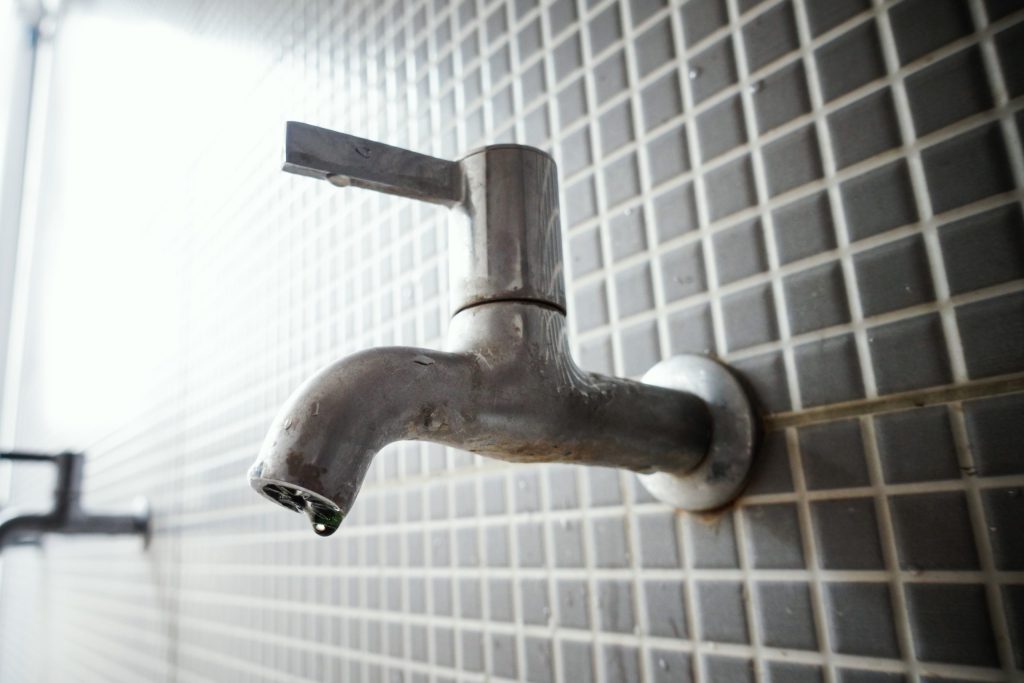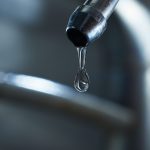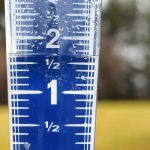For many households and businesses relying on well water, ensuring a consistent and safe water supply is a top priority. While efficient and sustainable, well water systems can encounter a range of issues affecting their performance and the quality of water they provide. These well issues can range from simple DIY fixes to bigger problems that require calling in a professional. Understanding the difference will let you know when remedying the problem requires scheduling professional well service.
Understanding Well Water Systems
Well-water systems harness groundwater to provide a self-reliant water supply for homes and businesses, serving as an alternative to city water sources. Regular maintenance of these components is required for the system’s reliability and the quality of the water provided. It helps in identifying potential issues early on, such as sediment buildup or mechanical wear, thus preventing disruptions in water supply and ensuring the longevity of the system. A well system usually contains the following components:
Well Pump: This component is responsible for drawing water from the ground and delivering it into the water system for distribution. There are two main types of well pumps: submersible pumps, which are placed inside the well and push water to the surface, and jet pumps, located above ground, which pull water up through suction.
Pressure Tank: The pressure tank stores the water pumped from the well and maintains water pressure within the system. This allows for a consistent flow of water when a faucet is turned on, preventing the pump from having to start each time water is needed. It also helps prolong the pump’s lifespan by reducing the number of times it needs to turn on and off.
The Well Itself: Essentially a hole drilled into the ground, a well is lined with a casing to prevent the collapse of the well walls and to block contaminants from entering the water supply. The well accesses an aquifer to extract groundwater. Its depth can vary significantly based on geographical location and the water table’s depth.
Common Issues with Well Water Systems
Low Water Pressure
One of the most frequent complaints is low water pressure, which can be caused by numerous factors. Solutions range from cleaning or replacing filters to adjusting the pressure tank settings. In cases where the water table is the issue, consulting a professional may be necessary to discuss options such as deepening the well.
Water Discoloration
Discoloration can be alarming and is often due to minerals, sediment, or rust infiltrating the water supply. Installing sediment filters or a water softener can often resolve these issues, ensuring clear, clean water.
Strange Tastes or Odors
Unusual tastes or smells can be attributed to bacterial contamination, chemicals, or metals in the water. Solutions include shock chlorination for bacterial issues or using activated carbon filters to remove contaminants affecting the water’s taste and smell.
Well Pump Running Constantly
A constantly running pump can indicate a leak in the system or a malfunctioning pressure switch. Identifying and repairing leaks or replacing the pressure switch can resolve the issue, preventing unnecessary strain on the pump and potential burnout.

Preventative Measures to Avoid Well Water Problems
Implementing a series of preventative measures can significantly reduce the likelihood of encountering problems with your well water system. These measures help in maintaining the quality of the water and prolong the longevity and efficient operation of the system.
Annual Inspections: A thorough check by a professional can identify potential issues before they escalate. This includes inspecting the physical condition of the well, the well pump, and the pressure tank.
Regular Water Testing: Testing the water at least once a year for bacteria, nitrates, and other contaminants can help ensure its safety and quality. It’s also wise to test after any significant flooding or changes in water taste, odor, or appearance.
Cleaning and Sanitation: Periodic cleaning and sanitizing of the well and water system components can prevent the buildup of harmful bacteria and sediments.
System Upgrades: Updating older parts of the well system, such as replacing a dated pressure tank or pump, can prevent future issues related to wear and tear.
Landscape Maintenance: Ensure the area around the well is clear of debris and that surface water flows away from the well to prevent contamination.
When to Call in the Professionals for Well Water Issues
While a proactive approach can minimize well water problems, certain situations necessitate professional expertise. Knowing when to call in the professionals can save time, and money, and prevent potential health risks.
Significant Changes in Water Quality: If you notice drastic changes in water taste, color, or odor, it’s important to consult with a professional to test the water and diagnose the issue.
Drop in Water Pressure: A sudden or gradual decrease in water pressure could indicate a problem with the pump or well itself, requiring professional assessment.
Water Supply Interruptions: If your water supply stops unexpectedly, professionals can quickly diagnose whether the issue is due to equipment failure, a drop in the water table, or other causes.
Recurring Issues: If you find yourself frequently addressing the same problem, professional help can offer a long-term solution rather than a temporary fix.
Let A1 Well Drilling Help With Your Well Issues
When facing well issues, choosing the right professionals can make all the difference. A1 Well Drilling & Pump Service stands out as the premier choice for well and pump services in New Jersey, with over four generations of delivering efficient and quality workmanship. Our fleet of fully equipped trucks and a team of licensed professionals are ready to address any well-related challenge, ensuring a swift and effective solution. Our 24/7 availability means we’re here whenever you need us, reflecting our commitment to making sure that with us, your problem is no problem.
Don’t let well issues disrupt your water supply. Trust A1 Well Drilling & Pump Service for top-notch service that guarantees peace of mind and water quality. Contact us today, and let us solve your well problems and ensure your system’s optimal performance.
Well Issues FAQ Section
What are common signs of well water issues?
Common signs include changes in water taste, color, or odor, a drop in water pressure, and the well pump running constantly.
How can I prevent well water problems?
Preventative measures include regular maintenance, such as annual inspections, water testing, and keeping the area around the well clear of debris.
When should I call in professionals for well water issues?
It’s best to consult professionals for significant changes in water quality, drops in water pressure, water supply interruptions, or when DIY solutions fail to resolve recurring issues.
How can landscape maintenance around my well help prevent water issues?
Keeping the area around your well clear of debris and ensuring that the ground slopes away from the well can prevent surface water runoff from contaminating your water supply, reducing the risk of waterborne pathogens and pollutants.
Why is it important to update older components of my well system?
Updating older parts, such as the pump or pressure tank, can enhance the efficiency of your well water system, reduce the risk of breakdowns, and ensure a consistent water supply, thereby avoiding some common well issues.






